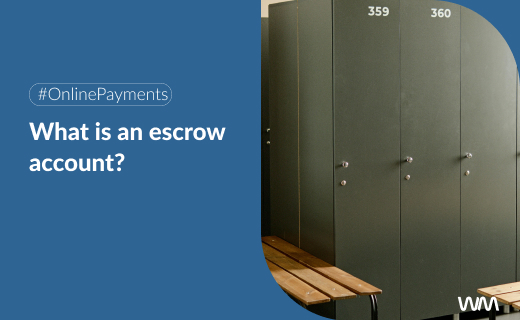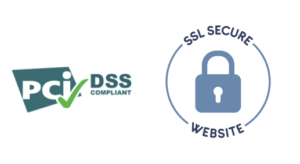What Escrow Accounts Are and How They Work
Sometimes, it’s necessary to enhance the security in your company’s payment transactions. Whether it’s an important agreement, a franchise, or a Marketplace, escrow accounts (custodial accounts) provide the security and transparency that all parties in a commercial relationship need.
These accounts are a payment service where money is securely held in an external deposit (financial institution) until the service has been successfully completed or the product is delivered and in good condition.
On the Wannme blog, we explain the purpose of these accounts, their uses, and the benefits of using them in your company or major buying and selling opportunities.
Shall we begin?
Purpose of Escrow
The main purpose is to make monetary transactions more secure and transparent, as well as to distribute profits or assist with collections, preventing non-payments, breaches, or buyer insolvency.
- For the seller/creditor: The escrow account ensures the money exists and will be received once the product is delivered or the service is rendered.
- For the buyer/debtor: The escrow account guarantees receipt of the product or service, under the agreed conditions and timeframe. If not, the seller does not receive payment.
In both cases, escrow accounts eliminate potential fraud or scams in a purchase process. They are created to build trust between both parties through an impartial third party, a financial institution, which ensures the seller gets paid and the buyer gets the product/service.
For example, escrow accounts are commonly used in Marketplace apps like Wallapop or in second-hand car companies, where the payment amount is substantial and extra security is needed.
How Escrow Payments Work in Spain
Escrow accounts are useful in multiple scenarios:
- Services: For example, in the purchase of a car between individuals or between an individual and a company. Security in these transactions is vital, so the deposit is held in an escrow account. The seller only receives the money once the buyer receives the vehicle and confirms it is in perfect condition and matches the ad’s specifications. This way, both parties eliminate the fear of being scammed.
- Marketplace: In a more complex example, an escrow account in a Marketplace works like this: a customer makes a purchase worth €100 but has not yet received any products. The money needs to be secured, so it is placed in an external escrow account until the customer receives the products. If everything is correct and in good condition, the escrow account distributes the €100 among the respective providers and shipping companies, and the Marketplace profits.
- Franchises: When a payment is made to a franchise business, the parent company might need to keep a commission, with the rest of the amount going to the franchise location. An escrow account can securely hold the money and distribute the corresponding amounts once the service is completed. A common use of escrow accounts is to retain commissions in such businesses.
- Debt Collection Agencies: Escrow accounts have facilitated the management of processes for collections made on behalf of third parties. Previously, the collection agency would collect from debtors and then pay creditors, leading to insecurity about where the money was. Now, agencies can implement Wannme’s escrow solution to hold the money before paying the creditor, ensuring fund security and reinforcing debtor trust. The escrow accounts also allow the collection agency to retain service commissions before paying the creditor.
Benefits of a Escrow Account
After explaining what escrow accounts are and providing various use cases, here are the benefits they offer to your business and clients:
- Security: Payments and collections are held until the transaction is complete and only released if everything is correct.
- Legitimacy: If conditions are not met, the escrow account is canceled, and the money is returned to the buyer, ensuring both parties act legitimately.
- Trust: Adding an intermediary protects the interests of both parties.
- Guaranteed Payment: The seller is assured of payment upon fulfilling the agreement.
- Transparency: Both parties know the status and location of the money, preventing fraud and unethical practices.
Wannme includes this solution in its online payment and collection platform, allowing clients to take advantage of the benefits of escrow accounts that guarantee funds, providing security, transparency, and trust throughout the process (and for all parties).
Follow us on LinkedIn






